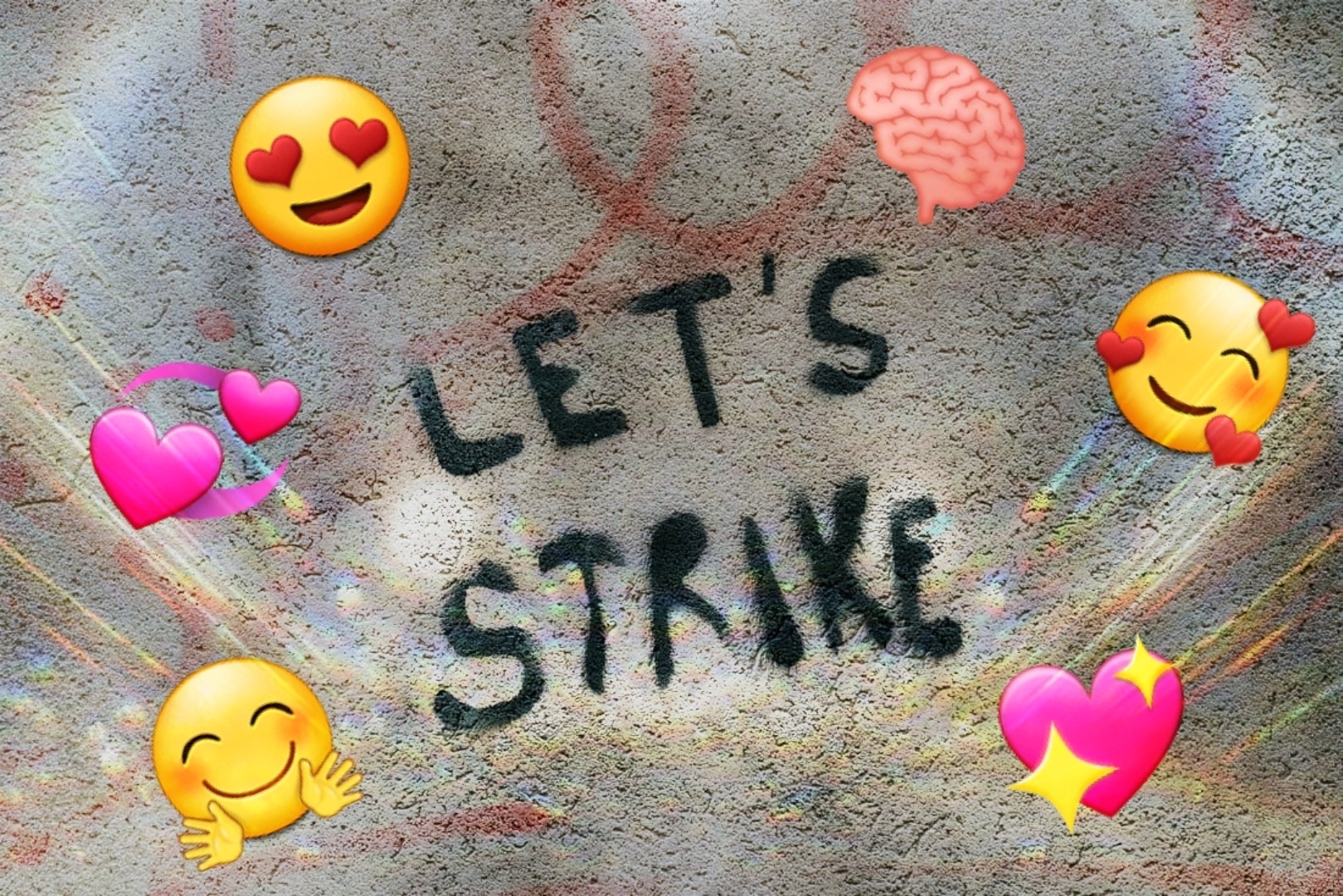DISCLAIMER: Stories and images published in this week’s issue under satire (with the exception of advertisements) are purely satirical and created purely for entertainment and/or parody purposes. They are not intended to communicate any accurate or factual information. Some names used in Excalibur’s satire stories are fictional, and any resemblance to actual persons or entities may be purely coincidental.
One may think that an impending strike is the last thing that anybody needs, especially with the pending three weeks left of school.
In spite of the poor inclinations usually brought by strikes, the York Federation of Mental Health’s (YFMH) strike proposal has surprisingly secured the widespread support of York’s faculty and students.
Considering that mental health issues are on the rise, the YFMH is prioritizing student mental health, citing students’ compounded traumas from the pandemic.
Their solution?
Striking as a way to close off the school year.
The YFMH plans on announcing details later this week, but believes that the strike can convey support for students who experience mental health struggles, especially amidst the unpredictable nature of the COVID-19 pandemic.
“It has been an incredibly difficult and demanding year for many of our students. There has been a lot of psychological and emotional stress put on people as they try to adapt to the pandemic,” YFMH Representative John Brown states. He adds, “Striking provides a wonderful opportunity for them to take a step back and practice de-stressing activities in advance of the exam period.”
York may see greater gains in their solidarity with mental health support, including decreased stress and greater accessibility to mental health resources.
“The continuous, collective action of our faculty members and students has repeatedly demonstrated that we can drive fundamental change at York, which has been demonstrated by previous strikes,” Brown continues. “We hope to go beyond expectations in securing a successful and stress-free school year for our students.”
Alyssa James, a first-year psychology student, reveals her relief on the opportunity for alleviating exam stress.
“As students, we must deal with the daily stressors of heavy work loads, a lack of time for self-care, and so on,” she says. “I’d like to consider this strike as an early finish to a stressful year. Besides the potential for class cancellations, I might have more time to focus on my mental health, which I admit, has been neglected lately.”
James believes that with the chance to relax, there is an increased opportunity to work and study for exams with a fresh mindset.
Dimitrie Marlow, a third-year economics student, expresses his optimism for future protests in support of mental health issues.
“I cannot emphasize enough how important it is to provide mental health support at schools. In the past, strikes have served great importance by fueling social change. And now, this strike stands as a great step towards standing in support of us, the students,” Marlow says.
He continues, “I hope that as the school year progresses, we will see the possibility of future strikes. Even if we have to move exam dates and classes, it’s all for a good cause!”


